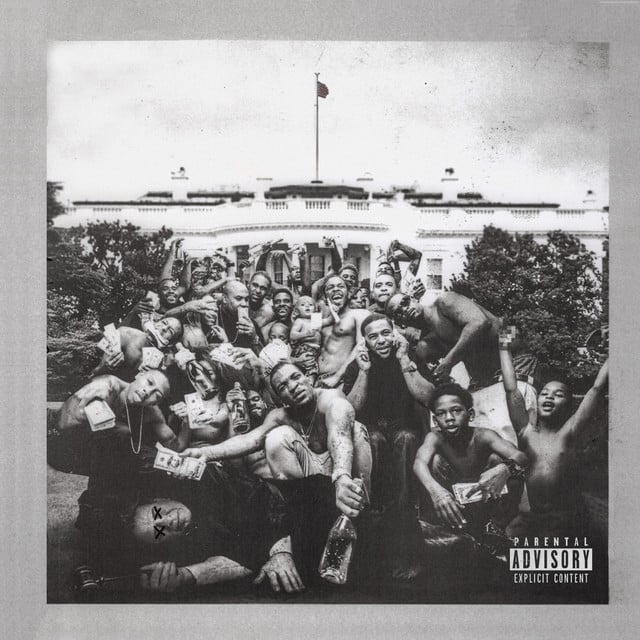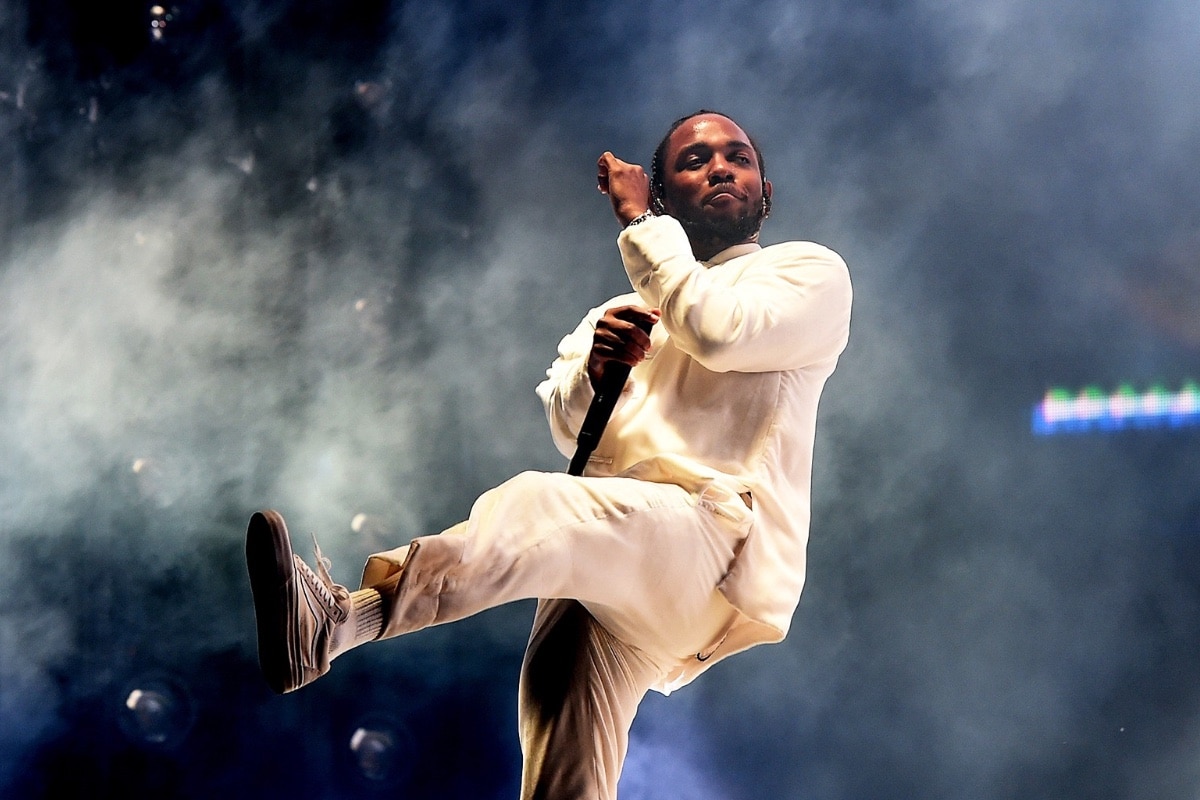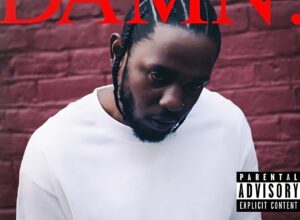Released: 2015
“Alright” by Kendrick Lamar is a stirring anthem encapsulating the struggle and resilience intrinsic to the Black experience in America. It explores themes of systemic oppression, internal conflict and faith, delivered with Kendrick’s lyrical prowess and backed by a pulsating beat.
The first stanza begins with, “Alls my life I has to fight, nigga.” This line, with its echoes of Alice Walker’s ‘The Color Purple’, sets the tone for the track, immediately throwing the listener into a narrative depicting struggle and resistance. “Nazareth”, a biblical reference to Jesus’ hometown, symbolically represents hardship – the Savior himself was not accepted in his hometown, reflecting the day-to-day adversities that Kendrick faces due to his background.
The chorus, “But if God got us, then we gon’ be alright”, acts as a mantra of hope and resilience amidst tribulation. Here, Kendrick utilizes his belief system as a mechanism for survival, indicative of African-American religious traditions serving as solace in the face of adversity.

The second verse delves into Kendrick’s personal struggles with fame, economic disparity, and the destructive allure of street life. “Homicide be looking at you from the face down,” speaks to the ever-looming threat of violence in marginalized communities. He talks about the alluring but perilous life of a gangster, which can often act as a short-cut to wealth and power for those in disadvantaged circumstances.
In the bridge, Kendrick outlines the pain and anger incited by systemic injustice – “Nigga, and we hate po-po/Wanna kill us dead in the street fo sho'”. Here, the ‘po-po’ represents the police, notoriously known in these communities for brutality and systemic racism.
The third verse brings in a character named “Lucy”, short for Lucifer. It is Kendrick’s metaphoric embodiment of the devil or evil—the temptations that come with fame and fortune. Although this can be seen as an indictment of the capitalist system, Kendrick does not paint himself as a helpless victim—rather, he acknowledges his own complicity in the system.
In the final verse, Kendrick addresses the constant battle within himself—whether to use his influence for good or be sucked into the vortex of fame, power, and avarice (Lucy). His confession of inner turmoil shows us that his journey towards righteousness is complicated and imperfect, but he continues to strive for it, thus affirming the human condition—strained, yet resilient.
Overall, “Alright” is not just a song—it’s an anthem for the marginalized, a message of hope and resilience in the face of adversity, and an honest exhibition of the struggles that come with navigating fame, wealth, and power in a world marked by systemic inequalities.








